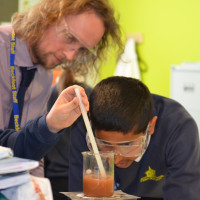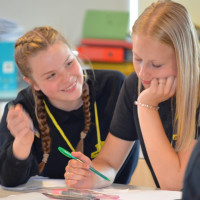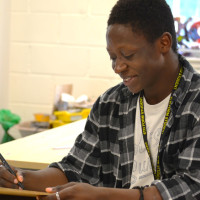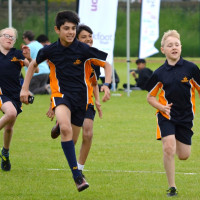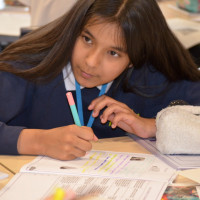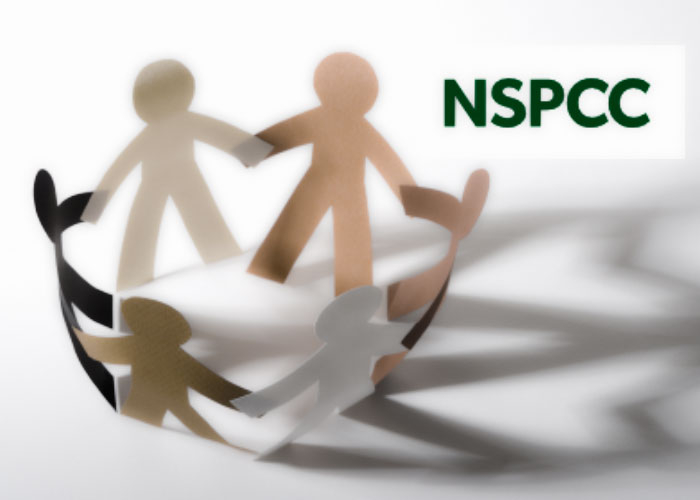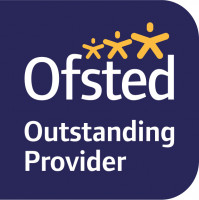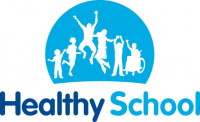Child Protection and Safeguarding
We recognise that all adults in school have a full and active part to play in protecting our children from harm, and that the child or young person’s welfare is our paramount concern. We ensure that everyone understands their roles and responsibilities in respect of safeguarding and is provided with appropriate training to recognise, identify and respond to safeguarding concerns relating to young people. All necessary steps are taken to ensure that adults in school are working in a safe way.
Sometimes we may need to share information and work in partnership with other agencies when there are concerns about a child or young person’s welfare. We will ensure that concerns about our children are discussed with their parents/carers, unless we have reason to believe that such a move would be contrary to the child’s welfare. Confidential, detailed and accurate records of all safeguarding concerns are maintained and securely stored.
Our safeguarding curriculum helps children stay safe, recognise when they don’t feel safe and identify who they might/can talk to. Suitable support and guidance is provided so that learners know they have a range of appropriate adults to approach if they feel in need of assistance.
We ensure safeguarding practice at Beckfoot School reflects statutory responsibilities, government guidance and complies with best practice. For more details please refer to Beckfoot Trust's Child Protection & Safeguarding Policy.
We have a dedicated team of specially trained adults in school who support safeguarding. If you have concerns about a child’s welfare, please contact one of our Safeguarding Team listed on our Child Protection and Safeguarding Protocol.
You can also call Bradford Children’s Social Care Initial Contact Point on
At all other times, call Social Services Emergency Duty Team on
In case of urgent mental health support, please call First Response on
If you have reason to believe that a child is at IMMEDIATE RISK OF HARM, call the police on 999.
If you are concerned that a child is being harmed, you must not keep these concerns to yourself. Contact the numbers above to ensure that you speak to a suitable person who can listen to and record your concerns and then take the appropriate action.


